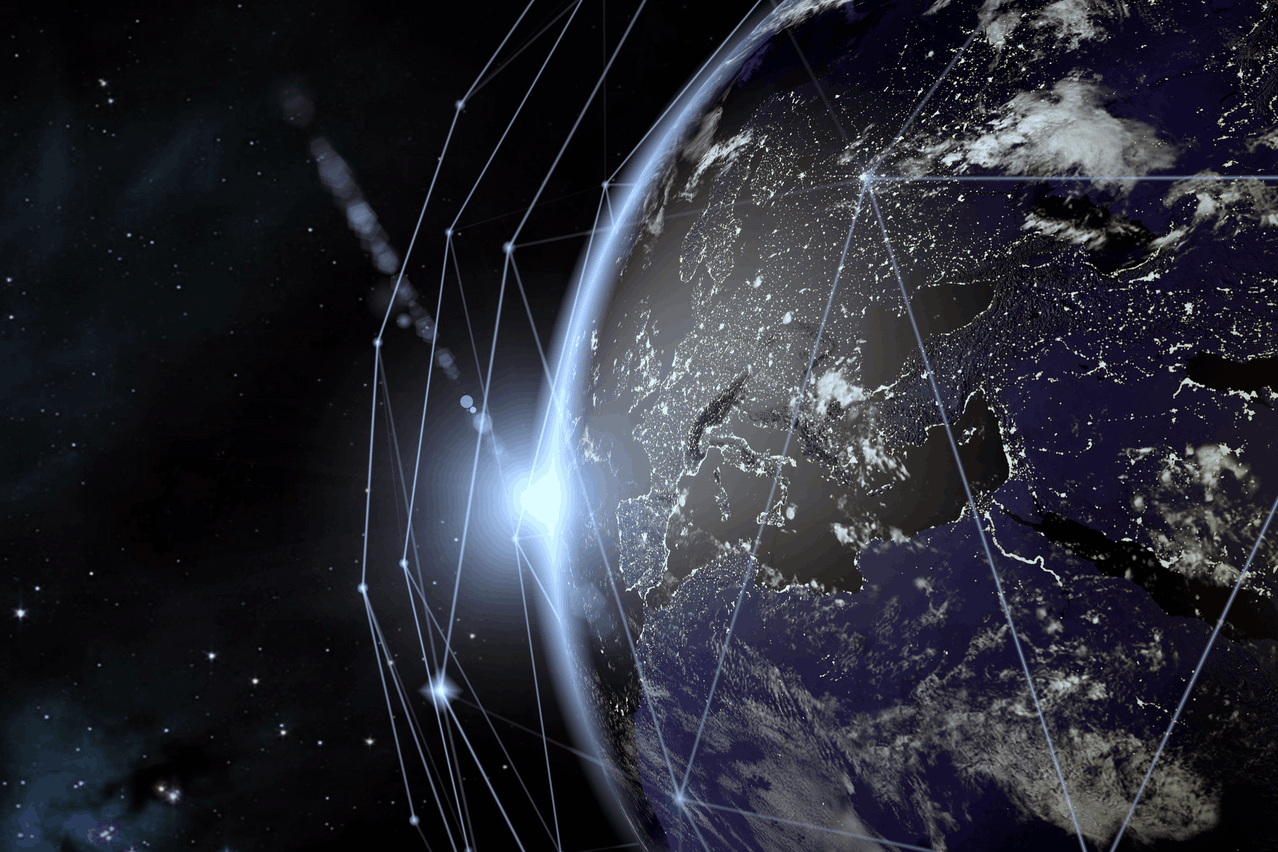The telecommunications services provider will design, launch and operate--in partnership with a consortium of companies--a system for secure quantum key distribution (QKD). This technology will enable in-orbit validation and demonstration of improved cybersecurity across Europe.
In today’s increasingly interconnected world, keeping information secure is paramount
Through this partnership, SES will build the first sovereign European end-to-end-based QKD system. Germany, Luxembourg, Austria, Italy, the Netherlands, Switzerland, Belgium and the Czech Republic’s contributions to the European Space Agency as well as financial backing from the commission will ensure funding for the project.
“In today’s increasingly interconnected world, keeping information secure is paramount,” said Elodie Viau, director of telecommunications and integrated applications at the ESA.
The EAGLE-1 satellite, which will implement the QKD system, will be launched in 2024 and will complete a three years’ in-orbit mission. During that time, it will provide data that will serve for the creation of a next generation quantum communications infrastructures. This will contribute to the European Union’s plans to deploy a sovereign and autonomous cross-border quantum secure communications network.
Read also
“European security and sovereignty in a future world of quantum computing are critical to the success of Europe and its member states,” said , CEO of SES. “We are proud to leverage our multi-orbit credentials and our innovative platforms and solutions in partnership with the ESA, the European Commission and the Luxembourg government to advance quantum communications and implement the EAGLE-1 system, which is called to be a cornerstone for the development of secure and sovereign European networks of the future.”
A focus on Europe
that its state-of-the-art SES-17 satellite was fully operational. It covers the Americas, the Caribbean and the Atlantic Ocean and much of the Luxembourg satellite operator’s activities are concentrated in that part of the Earth.
SES has, of course, collaborated with the ESA and the European Commission’s Horizon 2020 programme and in 2021 partnered with the Interdisciplinary Centre for Security, Reliability and Trust (SnT) at the University of Luxembourg, to The EAGLE-1 project, however, indicates an increase in activity by SES in Europe and the EU’s ambition to play a bigger role in the space sector.
